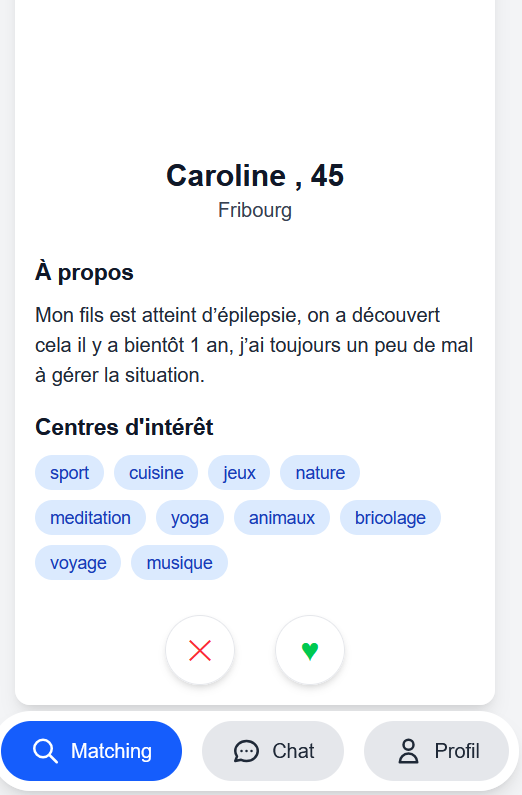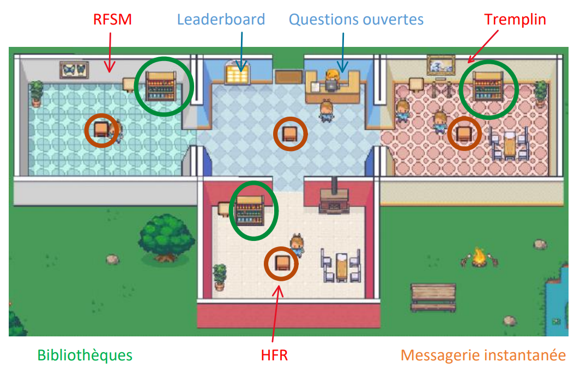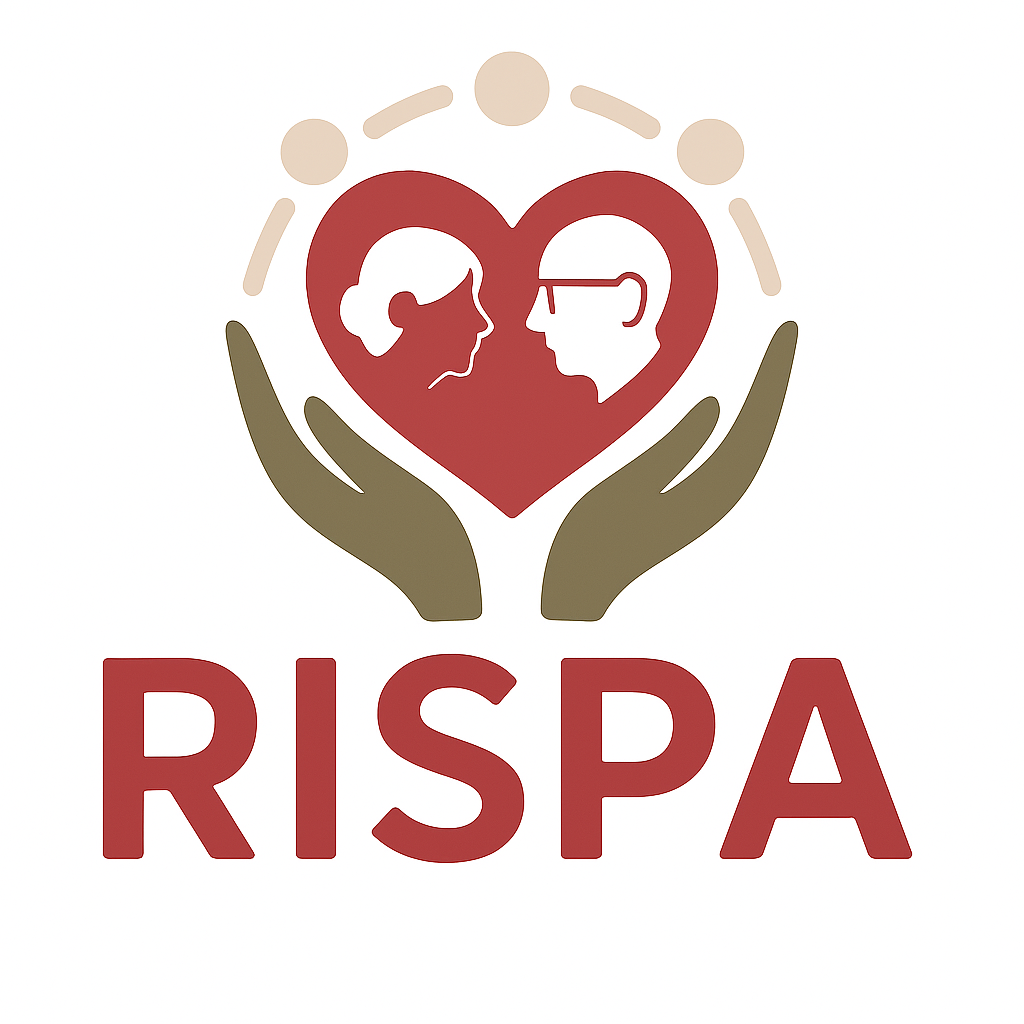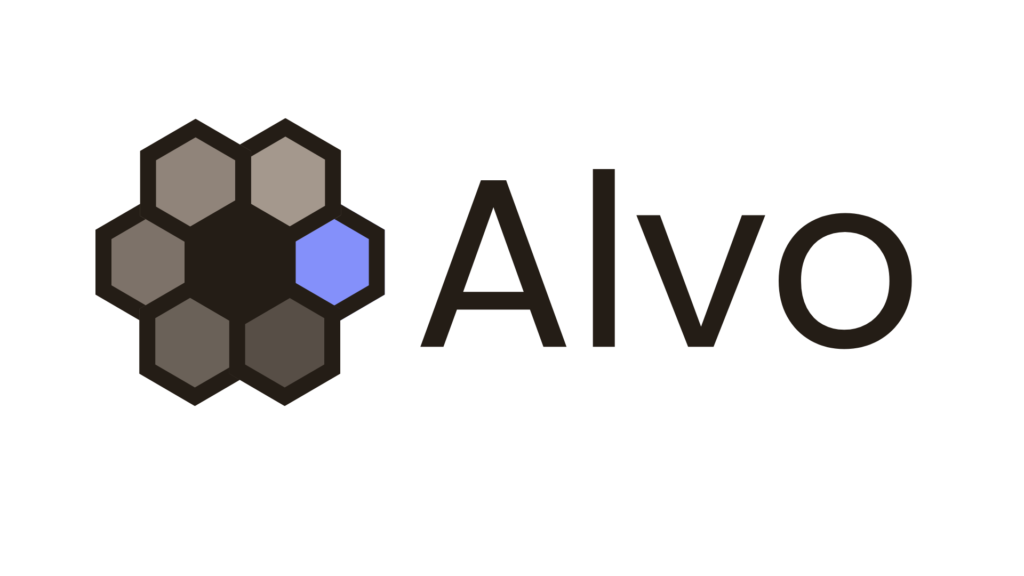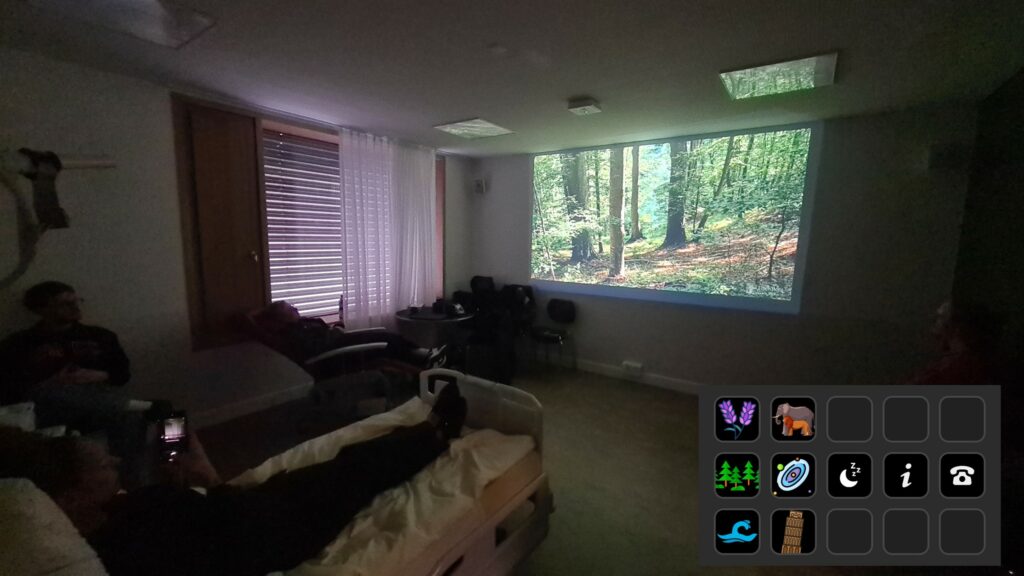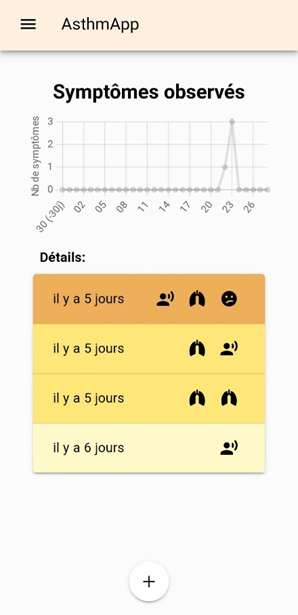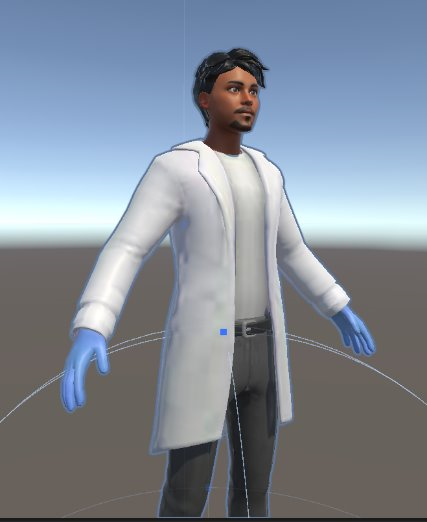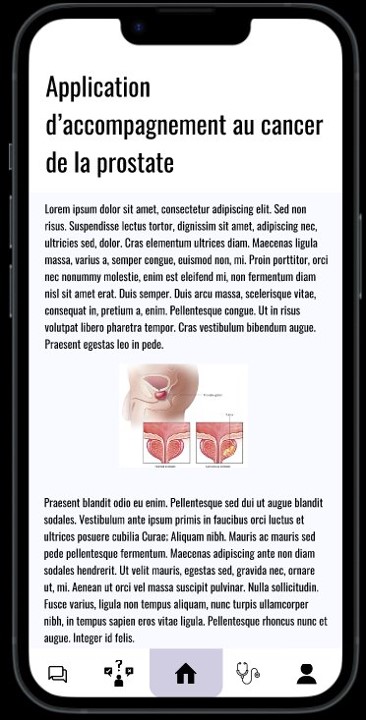Education
Our students today are digital natives (Prensky, 2001). Most of them, surrounded by digital media, rich in audio-visual stimuli, have interacted with computers, tablets, and smartphones from an early age. Nevertheless, they need personalized and more challenging content, as well as greater flexibility (Tapscott 2009,Meyer R.E., 2010, Kivunja, 2014, for a summary). DHC3 proposes new learning tools based on new technologies (such as virtual reality and augmented reality) to complement the pedagogical approaches commonly used in the HEdS-FR simulation center.
DHC3 promotes interdisciplinary exchanges and projects between HEdS-FR students and students from the HEIA-FR, in order to stimulate a process of pedagogical and clinical innovation led by students who are immersed in the field issues arising from their internship experiences and observations. This approach allows students to become aware of the area covered by their colleagues, to learn to communicate and work with professionals from other fields, in order to become the future co-creators of tomorrow’s society. These interdisciplinary projects on concrete social and health issues are an excellent motivational tool for both students and teachers.
Examples of activities
We encourage interdisciplinary exchanges between students from different fields of study. Technological tools for training nursing students on clinical aspects and for the improvement of the quality of life of patients are imagined and realized by the students of the School of Engineering and Architecture within the courses of Advanced Interfaces and within semester and Bachelor projects in collaboration with actors and students from the healthcare field.
Since 2020, students from both schools have also been conducting joint projects to create new technological solutions for the healthcare field. These meetings give rise to either study projects or even bachelor’s degree work. The DHC3 allows the pedagogical, technological and clinical evolution of HES students.
References
- Kivunja, C. (2014). Theoretical perspectives of how digital natives learn. International Journal of Higher Education, 3(1), 94-109.
- Mayer, R. E. (2010). Applying the science of learning to medical education. Medical education, 44(6), 543-549.
- Prensky, M. (2001). Digital natives, digital immigrants. On the horizon, 9(5).
- Tapscott, D. (2008). Grown up digital. Boston: McGraw-Hill Education.
